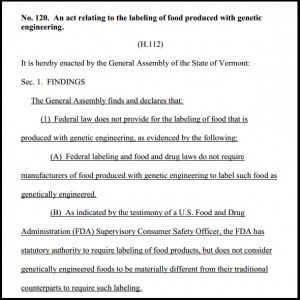Shared by Amalia Smith Hale
On Tuesday, we posted a piece about migrant farmworkers in Vermont, many of whom come from the Oaxaca region of Mexico. In celebration of the culinary traditions of that region, (which many UVM students explore through the Oaxaca Study Abroad food systems track), we share the following recipe: Continue reading


 By Amalia Smith Hale
By Amalia Smith Hale By David Zuckerman
By David Zuckerman By Kristyn Achilich
By Kristyn Achilich







